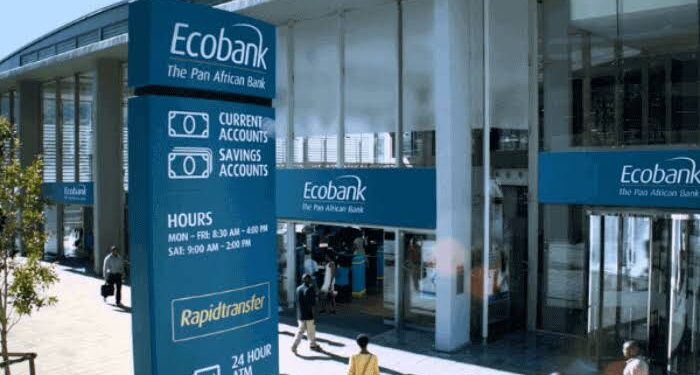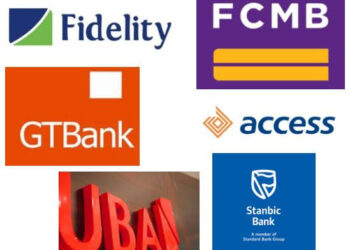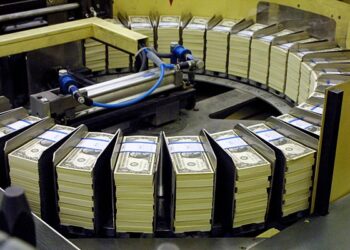Ecobank Nigeria’s long-term issuer credit rating has been downgraded to CCC- with a negative outlook by S&P Global Ratings, indicating a high risk of default.
Industry analysts say the development has the potential of eroding customer confidence in the bank, that could lead to decreased deposits and increased withdrawals.
Also, with a lower credit rating, the bank may face higher borrowing costs, which could be passed on to customers in the form of higher interest rates on loans.
Already, the industry operators have been operating under the Central Bank of Nigeria(CBN)’s high Monetary Policy Rate (MPR) which has reduced banks’ credit to the real sector of the economy.
Indeed, other rating agencies, such as Global Credit Rating (GCR) and Fitch Ratings, have also downgraded the bank in recent times.
BusinessDay reports that the latest action is a resultant effect of the $150 million bond buyback offer on the bank’s $300 million Senior Unsecured Eurobond.
Part of the tender offer made by Ecobank, accirding to the paper, includes an early tender premium of $12.50 for every $1,000 in principal (equivalent to 1.25%), with the anticipated settlement date set for July 8, 2025. The offer also requests bondholders’ consent to eliminate the capital adequacy covenant on the outstanding notes.
These actions also led S&P to downgrade the $300 million Eurobond from ‘CCC’ to ‘CCC-’. Although S&P notes that it does not consider the tender offer a distressed debt restructuring. However, this assessment is at risk of changing if the bank does not receive the promised capital injection from the parent group, Ecobank Transnational Incorporated (ETI).
Ecobank Nigeria and its woes.
Following the naira devaluation, Ecobank was unable to meet the regulatory Capital Adequacy Ratio (CAR) requirement, as its CAR dropped to 7 per cent. This was below the 10 percent regulatory minimum. The breach of the CAR caused the bank to seek the consent of its bondholders to pause the capital adequacy notes on the Eurobond notes till September 2025.
Following this development, the bank received a $50 million prepayment on promissory notes from its parent company, ETI, along with early repayments on certain foreign currency loans. However, it has been insufficient in restoring the capital adequacy to regulatory levels.
According to S&P, the bank is expected to receive another $50 million capital injection from its parent group before August 2025. However, the ratings agency notes that if the bank is unable to receive this capital injection, it will inevitably default on its bonds. A situation that would cause a further downgrade to ‘CC’.
It was recommended that Ecobank Nigeria consider raising $150 million through additional Tier-1 instruments to strengthen its liquidity buffers. Additionally, the bank was advised to intensify efforts to recover its foreign currency-denominatesituation.
The analysts further observe that the bank’s ability to meet the new capital requirement would depend, among others, on raising additional capital through equity or debt issuance.
There is also the need for improving asset quality by reducing non-performing loans and increasing provisioning, while making efforts to increase profitability through cost reduction and improving operationaal efficiency.













